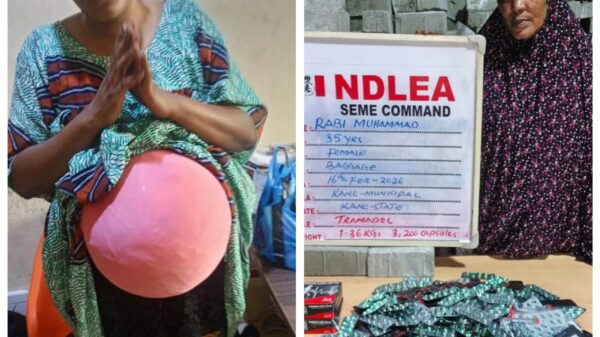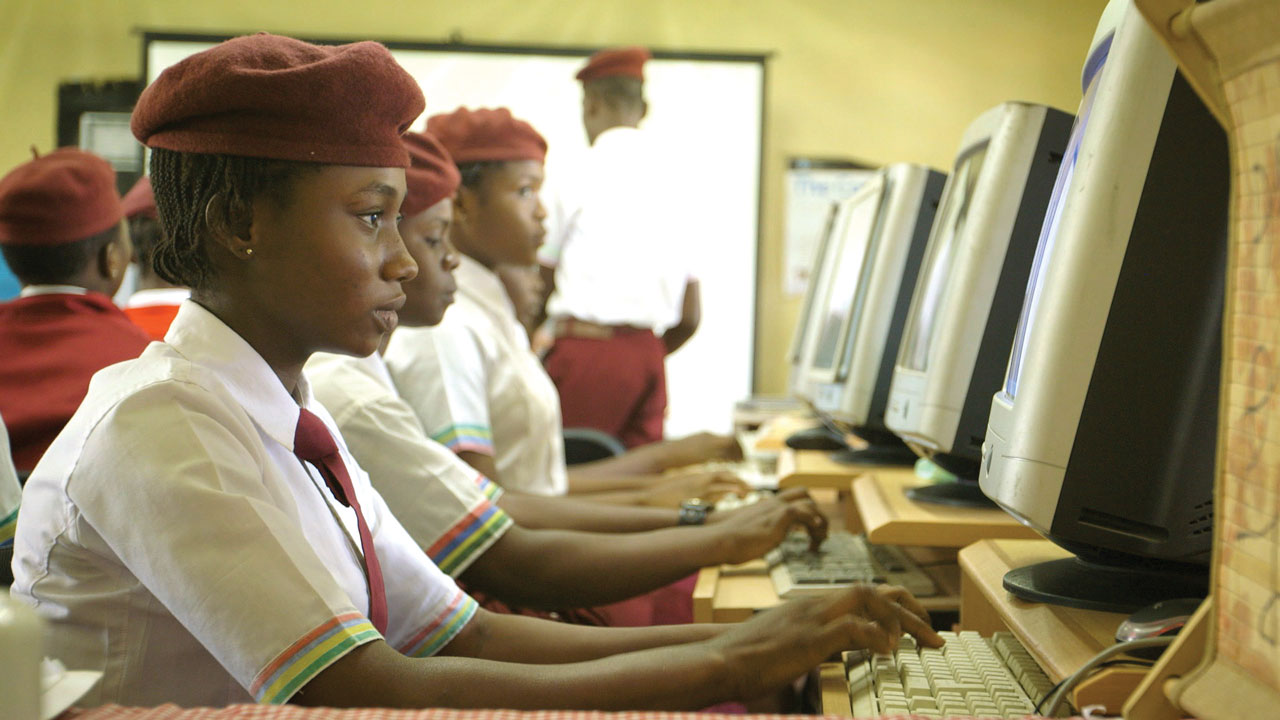With over 200 million people, Nigeria has the highest population on the continent, representing a large market for services, investments, knowledge, human capital and more. The country also boasts an increasingly youthful population, with the youth making up 70% of the overall population — posing significant economic benefits such as increased future workforce and potential consumers, as well increased innovation and creativity.
However, despite the country’s potential to compete with world economies through its sheer size, teeming youth, and resources, 63% of persons living within Nigeria (133 million people) are classified as multidimensionally poor, per the latest data from the National Bureau of Statistics. According to the report, poor people in Nigeria experience just over one-quarter of all possible deprivations across health, education, living standards, and work and shocks.
Youth unemployment, one of the biggest challenges facing Nigeria is youth, is a by-product of its ever-rising poverty rates. About 53.40% of young people in Nigeria are unemployed and unemployable due to myriad factors, including the dysfunctional education system and a lack of skills demanded by an accelerating digital-first economy.
Science, technology, engineering, and mathematics (STEM) education is increasingly regarded as the go-to solution to Nigeria’s poverty and unemployment problem. Indeed, the country has seen a transformative tech boom in recent years, with 383 Nigerian tech startups raising a combined $2 billion in funding between January 2015 and August 2022 – more than any other country across Africa.
These numbers point to the transformative power of technology as youths flock to developing skills to escape poverty, solve local problems, and contribute to economic development. Unfortunately, Nigeria’s structural and infrastructural limitations extend to STEM education too, with the public education system seeing slow rates of curriculum update, lack of essential laboratories and practical-based learning tools, inadequate number of STEM teachers, and lack of adequate funding, especially in schools within rural areas – limiting opportunities to only the privileged.
These worrying trends indicate a need for urgent intervention and region-specific solutions from the public and private sectors and development partners. Consequently, state governments have identified STEM education as a key solution to Nigeria’s unemployment issue and have devised plans to make it more accessible to marginalised communities.
However, while these promises have been made in the past and present, recent research shows that less than one per cent of youths across key regions have benefited from social security initiatives from the government.
Frustrated by the lack of an enabling environment, millions of Nigerian youths have assumed the responsibility of lifting themselves out of poverty as they scout for opportunities to build skills in STEM and make themselves employable in Nigeria’s growing tech ecosystem. One of these youths is Clinton Chidubem Amam, a 22-year-old graphics designer, whose curiosity transformed him from undesirable to undeniable.
His transformation began in November 2022, when Homeless Entrepreneur, a private non-profit organisation whose mission is to empower people out of poverty, enrolled him on a course on IBM Skillsbuild, a free education program focused on underrepresented communities that helps adult learners, high school and university students, and faculty develop valuable new skills and access career opportunities.
“Going above and beyond by challenging myself to increase my knowledge outside of the traditional education system was always a desired part of my learning process,” Clinton said.
“I rejoiced when I first heard about IBM SkillsBuild from my professional coach at Homeless Entrepreneur because it was a key element missing in my journey towards entering the professional world.
“It opened me up to previously unavailable opportunities as it taught me something new, which I couldn’t have learned at school, and ultimately, improving my employability.”
With IBM SkillsBuild, Clinton was able to learn and develop the necessary skills needed for a technology-driven world, assuming the status of a sought-after talent and lifting himself out of poverty in the process.
“The IBM SkillsBuild courses have enhanced my confidence while I become a more competitive professional, who is prepared to strive in tomorrow’s business world. I am now more informed than ever. Learning through IBM SkillsBuild is empowering me out of poverty. I used to feel like a liability to society and now I feel like an asset.” Clinton continued.
Now armed with skills such as project management, data analytics, big data foundations, artificial intelligence foundations, and more, Clinton has watched his career ‘soar and take a new turn and dimension for the better.’ Recognising his growing, layered talent, Plastiks.io, a reputable company fighting against global plastic pollution, and Homeless Entrepreneur, contracted him for two graphic projects presented at this year’s World Economic Forum (WEF) in Davos, Switzerland. “IBM SkillsBuild impacted my career by providing me with internationally recognised certification for the Future of Work, which connects me to my future employers in a more meaningful way than ever,” Clinton said.
Like Clinton, millions of other Nigerian youths are seeking opportunities in STEM education to become more employable and self-reliant. However, a concerted effort – from individuals, public, and private organisations – is needed to ensure many end up like him. For years, misconceptions have affected interest in STEM education. A recent study from IBM revealed perceptions from interviewed students, career changers, and job seekers interested in STEM roles. While most respondents listed a lack of awareness regarding the diverse roles and concerns about the financial viability of the roles as barriers to skills development, the high cost of STEM training was perhaps the biggest perceived barrier.
However, IBM is busting this myth through SkillsBuild by partnering with 45 new educational partners around the world across social service, economic development, and vocational organizations, as well as government agencies, and universities, to make free online learning widely available, with clear pathways to employment.
Inspired by his transformation through IBM SkillsBuild, Clinton has vowed to be an object of change to many with similar beginnings: “IBM SkillsBuild has improved my professional reputation and inspired me to work to empower people out of poverty.” he concluded.
![]()





























































